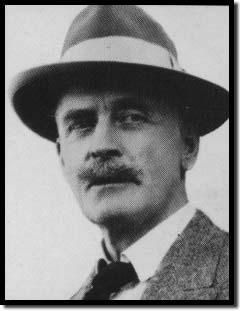The directory «Plots»
Hamsun Knut
(1859—1952)

Norwegian novelist. In his youth, virtually without formal education, he led a wandering life, and on his second visit to the United States (1886–88) he worked as a streetcar conductor, lecturer, peddler, clerk, and harvest hand. The theme of the wanderer is prominent in many of his novels, including the naturalistic Hunger (1890, tr. 1899), which aroused a furor of criticism and gained him a large audience. He also wrote the highly regarded Mysteries (1892, tr. 1927), the lyrically beautiful Pan (1894), a trilogy of plays, and a volume of poems (1903). The Growth of the Soil (1917, tr. 1921), sets simple agrarian values against those of the new industrial society. It was awarded the 1920 Nobel Prize in Literature. Hamsun’s largely autobiographical work reflects an intense love of nature and an interest in the unconscious. His concern is often for the material condition of the individual and its effect on his spirit. During World War II Hamsun acclaimed the Nazi invasion of Norway. In 1946 he was declared by psychiatrists to be permanently mentally disabled; he was fined $80,000 for economic collaboration with the enemy.
Guinea, 2009, Writers
Guinea, 2009, Writers
Norway, 2009, Knut Hamsun
Paraguay, 1977, Medal of Nobel prize of Literature
St. Vincent, 1995, Knut Hamsun
Sweden, 1980, Knut Gamsun